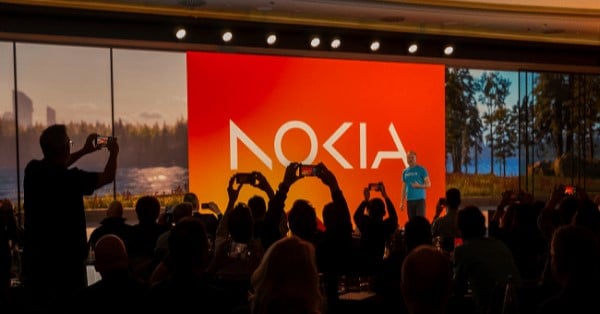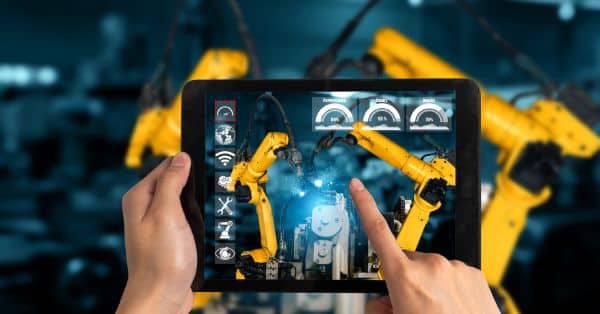Nokia announced a bold facelift to its iconic brand at MWC23 Barcelona, in a move it stated reflected strong growth in its enterprise business in 2022 and represented an attempt to distance itself from the handset sector.
“We are pioneering a future where networks meet cloud. To signal this ambition we are refreshing our brand to reflect who we are today, a B2B technology innovation leader. This is Nokia, but not as the world has seen us before,” said CEO Pekka Lundmark.
The Nokia boss also used the occasion to outline a meaningful strategy rewrite on how he intends to run the network infrastructure company. In broad terms, Lundmark is looking to refocus the company on growing its market share with service providers, increasing its enterprise business, continue to actively manage its technology portfolio, build new business models, and make ESG a competitive advantage.
“This will mean taking market share from our competitors, which we believe is possible over the next few years given the recognized strength of our product portfolio. And in addition, we should also benefit given the geopolitical tailwinds impacting some sectors of the market.”
Enterprise
Commenting on its success in the enterprise market, Lundmark said that 2022 had been very strong with sales growing 21 per cent to €2 billion. “I want to double this number as soon as possible, and I don’t see a problem in achieving this.”
Lundmark also emphasised the need to grow its sales using channels other than its direct sales force. This will mean working much closer with partners to help take it into new market sectors, with the exec pointing to its “core network as a service” as an offering that could be sold via system integrators. “These firms will be essential when it comes to being successful with the design and installation with new enterprise customers.” “We must look to automate our sales process, network requirements, delivery, security, everything must be a target for automation. We must also create a set of APIs to make network resources easily accessible and consumable for the developer community.”
These bullish remarks come as network rival Ericsson reportedly is set to cut 8,500 personnel, approximately 8 percent of its worldwide workforce, as part of cost-cutting measures.
Source: Mobile World Live



























